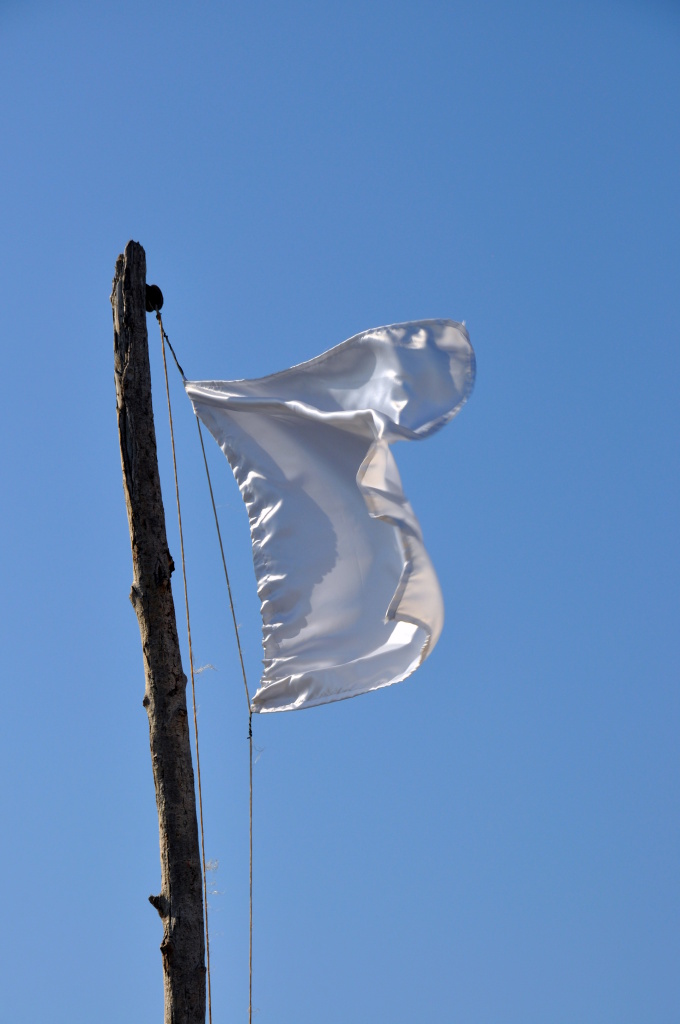 Last Monday I was sitting in a doctor's office at the Liver Transplant Clinic in Toronto, listening to the hepatologist tell me that although a transplant would probably be in my future and was still the best case scenario for me, I was still "far too healthy for a transplant yet."
Last Monday I was sitting in a doctor's office at the Liver Transplant Clinic in Toronto, listening to the hepatologist tell me that although a transplant would probably be in my future and was still the best case scenario for me, I was still "far too healthy for a transplant yet."
My first instinct was to argue my case.
I had ample ammunition to do so. My recent MRI showed that my PSC is progressing fast and that my bile ducts are sick, sick, sick. I have cirrhosis. I have a fibroscan score of 22 which means my liver has the pliability of a crusty, deflated football. I have to take antibiotics every day to ensure that the cholangitis infection that has now taken permanent residence in my bile ducts is kept at bay, and a different type of antibiotic to control the suicidal itching. Most of all, my PSC guru in Calgary told me in his peppy Australian accent when I saw him at the end of November, "Well Laura! I think it's time to get you a new livah!".
Since my PSC diagnosis in 2012 I have had to fight, fight, and then fight some more to access the best care. PSC, like other "orphan" diseases, is so stupidly rare that most doctors I come across in Victoria have only experienced a couple of other PSCers at best.
Funnily enough, the third book in my "Grape" series which I am writing right now (entitled MY GRAPE YEAR) is about breaking rules. The thematic resonance with my present battles are unmistakable.
Contrary to what many people seem to believe, I did not get to Toronto by luck or by the benevolence of a medical fairy godmother / concierge service. Rather, I accessed Toronto by offending doctors, becoming that pain-in-the-ass patient that makes medical assistants and nurses roll their eyes, refusing to take no for an answer, and nagging, pushing, and trodding (repeatedly) on the toes of the medical establishment. When the full extent of the parlous state of hepatology in British Columbia finally sunk in about six months after I was diagnosed, I made a conscious decision to discard my upbringing of being polite and not offending anyone. My survival trumped the need to be "nice" by a long shot.
I became a put-yer-dukes-up PSC badass. I did my research as though my life depended on it, and it actually (scarily) did on several occasions. I learned that Toronto was a world leader in living donor liver transplants, that they did the biggest volume of this very specialized type of surgery in North America, and depending on who I consulted, perhaps the world. I discovered that in over 700 surgeries they had never lost a donor and that doctors from all over the world flew in to learn how to duplicate the success of their program. Unfortunately nobody has a crystal ball to see into the future, but I felt with Toronto I was getting my best chance of getting through to the other side of this whole PSC thing.
Yet, after all that, at my first doctor's appointment in Toronto here was the hepatologist telling me that maybe it wasn't time for a transplant after all? Whiskey Tango Foxtrot?!?!?
My first instinct was to do what I had been doing for the past twenty-four months, to fight back. Yet about half way through that appointment, when the hepatologist was explaining the risks associated with transplant which, make no mistake about it, are substantial, it dawned on me that his arguments against transplant right now were not without merit.
Throughout that intense week I lost count of the doctors and specialists I consulted (not to mention the vials of blood drawn from my veins). The Toronto specialists were, without fail, kind and incredibly competent. Some felt I was ready for transplant right now whereas others thought it could maybe wait a while longer.
The upshot was that all the people I saw were going to meet with all my test results and make a collective decision about my case. My knee jerk reaction was to feel frustrated and impatient with this difference of opinion.
Then, I thought about it some more.
Having my case debated by so many experienced doctors in one room was exactly what I had been fighting for. They were all world leaders, their collective knowledge and expertise was mind-blowing. They were going to try to make the best decision for me and the fact that there was a difference in opinion meant that my case would be looked at in detail.
Surrender seemed like the most unnatural thing for me to do, but as it turned out surrender was the most badass choice I could make right then.
You do everything you can humanly do and then you have to do the hardest thing of all - relinquish control to the experts you have gathered in your corner and, even more importantly, to what I have come to think of as "The Great Mysterious."
So this week here I am, back in Victoria (where it is not -19 C, hooray!), practicing badass surrender to the best of my ability. While I wait for the decision to be made in Toronto I am feeling a very curious and unfamiliar feeling of peace. I have no idea how long this astonishing (for me) state of zenitude is going to last, but it has made me realize that I must become better acquainted with this whole badass surrender thing. It may just have the potential to be one of the most powerful weapons in my repertoire.










